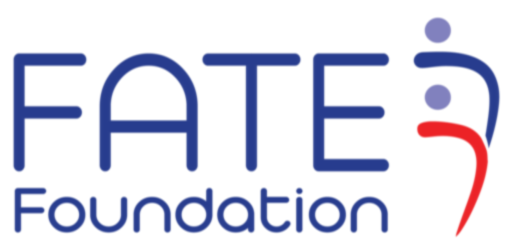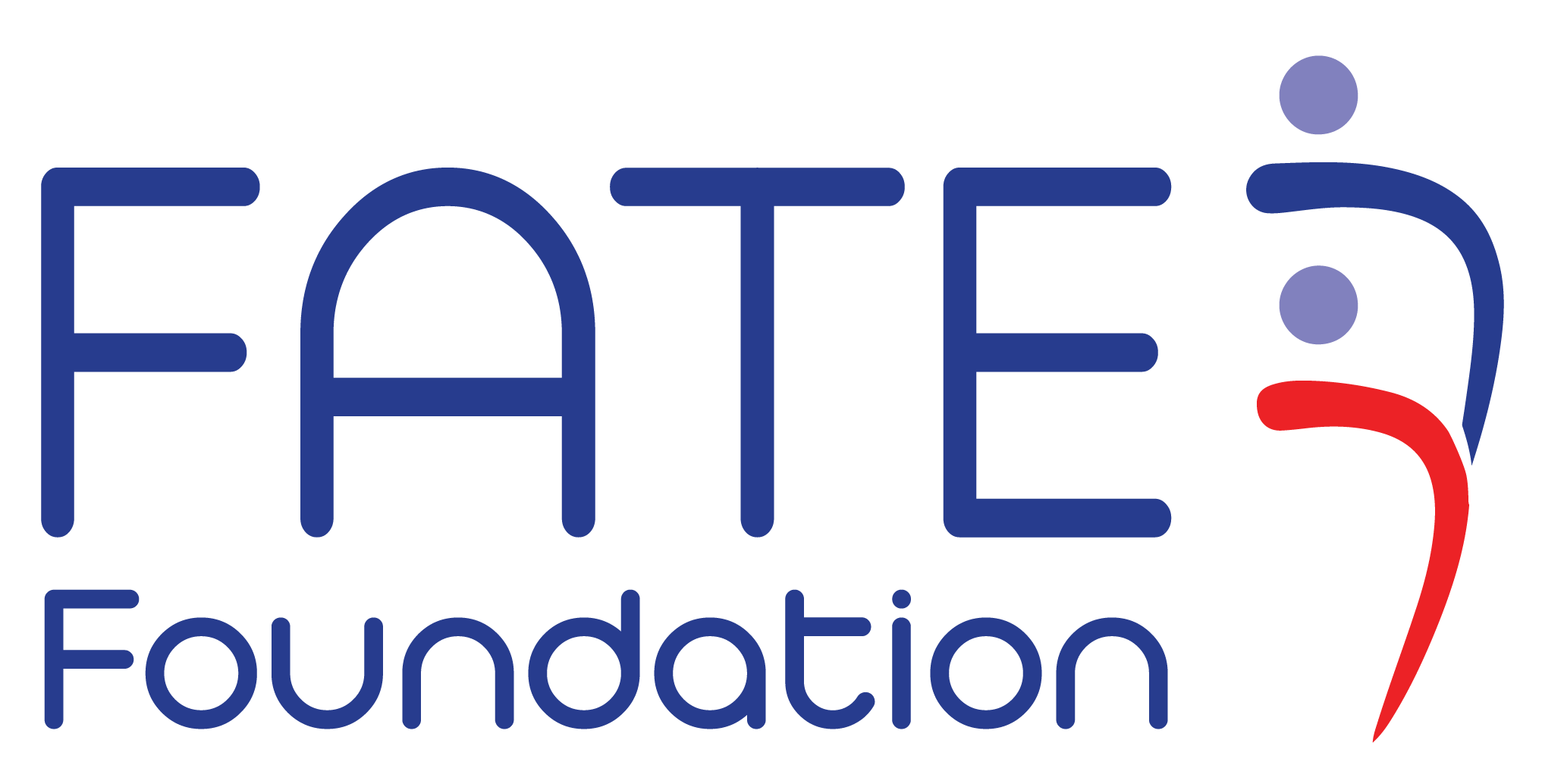Business Outlook in 2016
With the foreign exchange crisis, falling global oil prices and government revenue, Industry stakeholders have stern predictions for the Nigerian economy in 2016 which will no doubt impact on Micro, Small and Medium Enterprises (MSMEs). Speaking at FATE Foundation’s Alumni Knowledge Building Session for the month of January tagged “Business Outlook 2016”, Dr Ayo Teriba, CEO, Economic Associates, noted that there are 2 types of global shocks that will impact the Nigerian business environment. Transaction shocks which are directly related to global commodity prices (prices of oil, gold, diamond etc) and which have a strong impact on the nation’s current account; and Portfolio shocks which are directly related to the current wealth of the nation and the process of that wealth being enhanced or diminished.
Dr. Teriba noted that transaction shocks in 2016 were at a negative because of the weakening of oil prices and oil commodity prices which portends steep growth prospects for emerging markets like Nigeria. With dwindling revenues coming in from oil, the Nigerian Government will have to focus on harnessing alternative sources of revenue including increased taxation of businesses. He also noted that Portfolio shocks which strongly impact on the nation’s capital account vis-a-vis stock prices, real estate prices and interest rates is negative, adding that the Nigerian Foreign exchange rate has been a source of major concern because of diminished liquidity arising from the weakness in oil prices.
Against this backdrop, industry stakeholders say companies with huge import content as raw materials will experience huge cuts in profit in the face of the poor naira performance in the global market while manufacturing companies stand to lose out to foreign competition as foreign products are bound to be cheaper except the situation is quickly checked with supportive government policies.They also say the implications on cost of and access to credit will be unfavourable while businesses with high forex exposure will continue to face challenges of meeting foreign obligations to suppliers and partners. Also, Pricewaterhousecooper (PWC) in its recent forecast on the performance of the Nigerian economy in 2016, said with a lot of uncertainty surrounding the economy, it will struggle to grow at 4.0% of Gross Domestic Product (GDP)[1].
Despite grim economic forecasts, Dr Teriba believes Nigeria can make giant economic strides if the Government looks inwards and makes deliberate effort to attract foreign investment. He noted that there were slacks in the domestic economy which when fixed could result in tremendous growth similar to what has occurred in India, adding that India was able to attract $30 billion in direct foreign investment in the first 6 months of 2015 and was closely followed by USA attracting $28 billion and China $27 billion in 2015. He also noted that there were strong indications that the global liquidity situation was likely to improve and so it was important for the Nigerian Government to position itself by making concerted efforts to attract direct foreign investment and Diaspora remittances, adding that countries like India and China were proof of how economies could strengthen their base even in turbulent economic times via these channels.
Although it is left to be seen how the current economic situation will positively or negatively impact Nigerian MSMEs, there are survival strategies that entrepreneurs could adopt to mitigate the effect of the ongoing economic crunch. Michael Faniran, Senior Manager, Accenture Nigeria, stated that the key survival strategy for MSMEs in 2016 would be adopting efficient cost saving measures some of which can be implemented through the following:
Adoption of shared services model:To save on operating costs, Michael suggested the adoption of the shared services model among businesses. He encouraged entrepreneurs to do an analysis of work space and back office support requirements such as Legal, HR, IT and collaborate with other like minded business partners to offset the costs. There are a number of open-work space office models around the country offering this service.
Explore cost efficient production technologies: He advised that MSMEs look at their current production technologies and introduce less expensive but equally capable production systems as they deem fit. Some of the entrepreneurs in attendance, shared their positive experiences with alternative power use of solar energy which has significantly reduced their energy costs.
Keep accurate Financial records: More than ever financial record keeping is very critical to properly monitor income and expediture so as to make fact based decisions.
Ensure Tax Compliance: The tax authorities are going to be more stringent with tax compliance and it will be a good strategy to get proper tax advise on how to structure tax liabilities and not default.
Make Efficient Use of Data: With various technological tools available to use for business efficiency, entrepreneurs should use information about their products, services, customers and business process to improve their strategic performance while being efficient.
Discover new markets: Tough times also present opportunities. Michael advised the entrepreneurs to review their market positioning strategies and explore potential opportunities that may require a change in their business model which will enable them serve new markets in 2016.
Even though the business outlook for 2016 may not look very positive at the moment, with a lot of strategic planning backed with data and knowledge, focus, discipline and drive, entrepreneurs can effectively position their businesses not only to survive, but to thrive in 2016.
Photo Credit: Entrepreneur.com
[1]Olushola Bello, Jan 7, 2016: Business Outlook will be Tense, Leadership Newspapers, http://leadership.ng/business/489604/2016-business-outlook-will-tense, Retrieved Jan 19, 2016
Related
Related Posts
2 Comments
Comments are closed.
Recent Posts
- Adaeze Akpagbula supported by FATE Foundation announced as a finalist in the Climate Entrepreneurship Award as part of the Global Young Entrepreneur of the Year Award
- Accelerating productive MSMEs: The much-needed catalyst for Nigeria’s socio-economic recovery
- A Message from Mrs Toyin Bakare, President, FATE Foundation Alumni Community Executive Committee
- FATE Foundation Announces Amaka Nwaokolo as the First Director of its Division, The FATE Institute
- FATE Model Entrepreneur (FME) Award
Categories
Recent Comments
- Nasiru Abdulaziz on NutriPitch 2023: The Business Model Pitch Competition
- Sagir on NutriPitch 2023: The Business Model Pitch Competition
- Tukur on NutriPitch 2023: The Business Model Pitch Competition
- Ogooluwa David Alabi on NutriPitch 2023: The Business Model Pitch Competition
- Charles Eze on State of Entrepreneurship in Nigeria 2023 Report



I have a world of warships cheat, is there just about anything right here about that?
You made some decent points there. I checked on the net to find out more about
the issue and found most people will go along with your
views on this website.